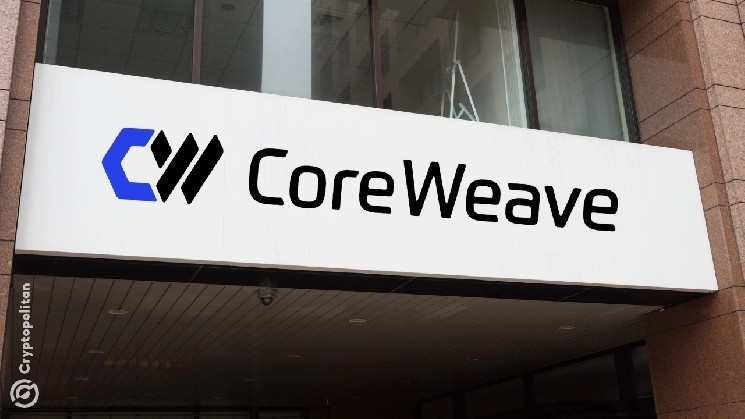
Institutional Shareholder Services (ISS) on Monday told investors to vote against the $9 billion acquisition of Core Scientific by CoreWeave, saying the>Core Scientific investors exposed to CoreWeave’s price swings, a risk that’s already materialized.
As the trading floor punished CoreWeave’s stock, the total offer value sank.
Then Trip Miller, head of Gullane Capital in Memphis, added his voice. His firm, which owns $200 million in Core Scientific shares and is the third-largest holder behind Vanguard and BlackRock, said he couldn’t support the deal.
“Under the math of the deal today, I would have to vote no,” Miller said. He called the merger “a flawed structure” that values his shares below their current market price.
Investors seem to agree. After ISS’s call to reject the deal, Core Scientific’s stock rose more than 5% in post-market trading, closing at $18.81, while the conversion deal now values those same shares at just $17, a 10% discount, which proves that markets favor independence.
CoreWeave’s rapid expansion is increasing its debt massively
Since its March IPO, CoreWeave’s market cap has soared to $70 billion, tripling within months as it raced to dominate the AI infrastructure scene.
The company has struck major deals with OpenAI, Microsoft, Meta, and Nvidia, all of which depend on massive computing power. But behind that success is an aggressive expansion financed by heavy borrowing.
In its second-quarter earnings, CEO Michael Intrator said customer demand was so high that the firm needed to build data centers “on a planetary scale.” He said CoreWeave was “aggressively expanding its footprint” to keep up with orders.
The company reported revenue of $1.2 billion, more than double from a year earlier, and a revenue backlog of $30.1 billion, also twice what it was at the start of the year. But its operating margin dropped from 20% to 2%, showing how costs are eating into profits.
The company also revealed that its debt hit $11.2 billion by the end of Q2, a 40% jump since January, with borrowing costs between 7% and 15%. It’s currently running 470 megawatts of>Sign up to Bybit and start trading with $30,050 in welcome gifts